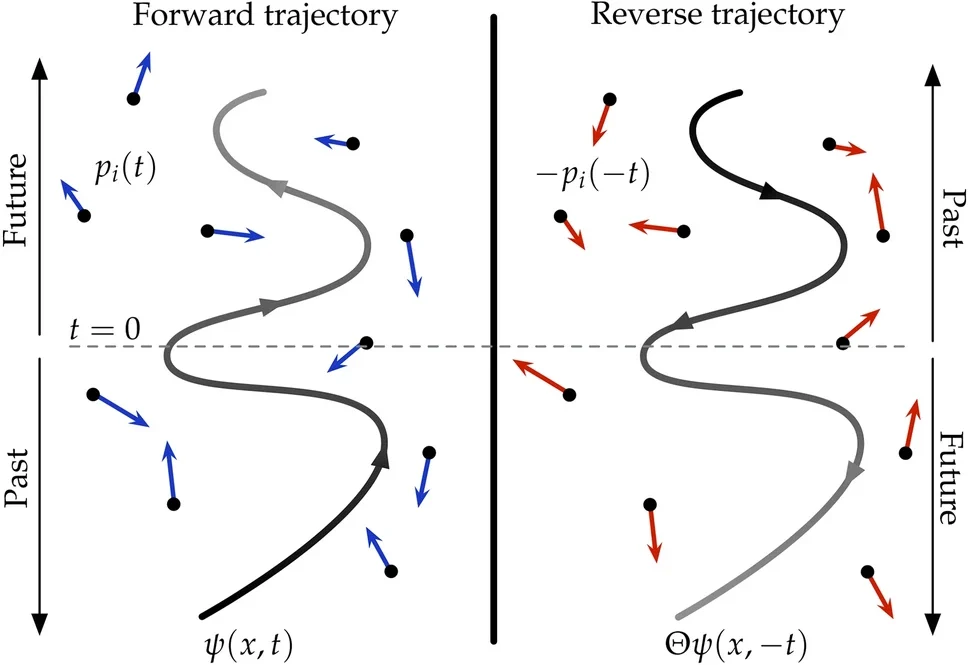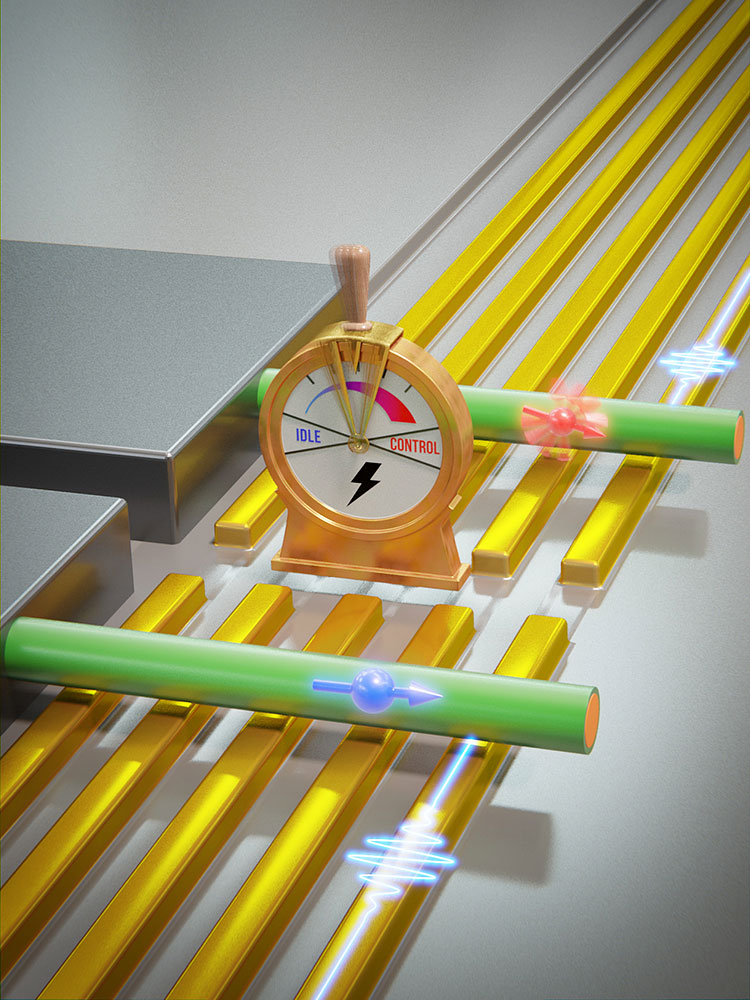Scientists at the University of Surrey have made a groundbreaking discovery suggesting that time at the quantum level may not be strictly unidirectional. While our everyday experience shows time moving irreversibly forward, their research on open quantum systems indicates that time’s symmetry remains intact even when considering energy dissipation into the universe.
The study, published in Scientific Reports, challenges our conventional understanding of time’s arrow – the notion that time only flows from past to future. Dr. Andrea Rocco, the lead author, illustrates this concept by contrasting two phenomena: spilled milk spreading across a table (which appears unnatural in reverse) and a pendulum’s motion (which looks equally plausible forward or backward). The fundamental laws of physics, like the pendulum example, don’t inherently favor one temporal direction over the other.
The research team examined how quantum systems interact with their environment, known as ‘open quantum systems.’ They made two key simplifying assumptions: focusing solely on the quantum system itself while treating the vast environment around it, and assuming that energy and information dissipate into the universe without return. Surprisingly, even with these assumptions, the system demonstrated the same behavior regardless of time’s direction.
A crucial finding was the discovery of a “memory kernel” – a mathematical component that maintains time symmetry. Thomas Guff, the postdoctoral researcher who led the calculations, noted an unusual time discontinuous factor that naturally emerged in their equations, preserving the time-symmetry property. This unexpected mathematical mechanism provides foundation for the idea that time-reversal symmetry holds true in open quantum systems.
This research offers new insights into one of physics’ greatest mysteries and could have significant implications for our understanding of quantum mechanics and cosmology. It suggests that while we perceive time as unidirectional in our daily experiences, the opposite direction might be equally possible at the quantum level, fundamentally reshaping our conception of time and the universe.
Reference: “Emergence of opposing arrows of time in open quantum systems” by Thomas Guff, Chintalpati Umashankar Shastry and Andrea Rocco, 29 January 2025, Scientific Reports. DOI: 10.1038/s41598-025-87323-x


